So You Want To Buy A Horse
As a classic childhood fantasy, I’m sure at one time or another you’ve known a young boy or girl wanting a pony for Christmas, or for their birthday. Kids who are actively involved in horse riding or have family members who own horses are definitely more interested in owning a pony or a horse. Sometimes as the child grows older, the desire to own a horse wanes, as they realize the responsibilities that come with owning such a large animal.
If the desire doesn’t wane, you will want to gain as much information as you can about owning a horse, as it is a serious commitment. It’s about dedicating your time, energy, and emotions to the care of this magnificent animal. Horses depend on you for their day-to-day well-being, from maintaining their health to ensuring they feel loved and secure.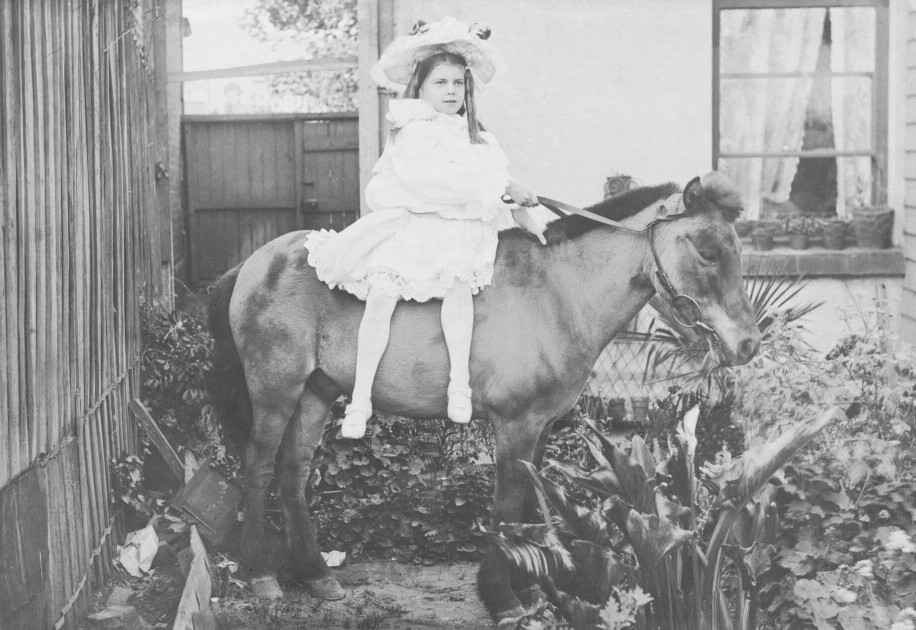
Having a horse offers incredible emotional and physical benefits. They can become a loyal companion and a trusted member of your family. The bond you share can be transformative, providing stress relief, physical activity, and fostering a deep connection to nature.
Before taking the plunge and buying a horse, it’s crucial to understand the costs associated with buying and maintaining a horse. Initially, there’s the price of the horse itself, which can vary widely based on factors like breed, age, and training. But the expenses don’t stop there. You’ll need to budget for feed, boarding (if you don’t have enough space at home), veterinary care, shoeing, and more. Regular expenses can really add up, so it’s essential to plan ahead and make sure horse ownership fits your financial situation.
For those living in urban areas, deciding to own a horse presents its own set of challenges compared to rural lifestyles. Finding space to keep a horse nearby might be tricky and potentially more costly. However, many city folks find ways to adapt through local stables or riding clubs, which allows them to enjoy horse ownership without needing acres of land. Rural owners, on the other hand, often have more options and space, which can make the practicalities of owning a horse slightly easier.
Choosing to own a horse means making a long-term commitment to their care, well-being, and happiness. It’s an incredibly rewarding experience but one that should be entered into with eyes wide open, understanding both the joys and responsibilities involved.
Space to Roam: Land and Environment
When thinking about owning a horse, one of the first things to consider is how much land you’ll need. At the very least, you should have one to two acres per horse to ensure they have enough space to live comfortably. This allows for proper exercise and grazing, which are crucial for a horse’s physical and mental health.
Creating a safe environment is key. Investing in sturdy, horse-friendly fencing is a must to prevent escapes and injuries. Horses are naturally curious and can easily get into trouble if the fencing is inadequate. Providing a shelter or stable is also important. Your horse needs a place to stay cool in summer and warm during cold months, so think about materials and maintenance when setting this up.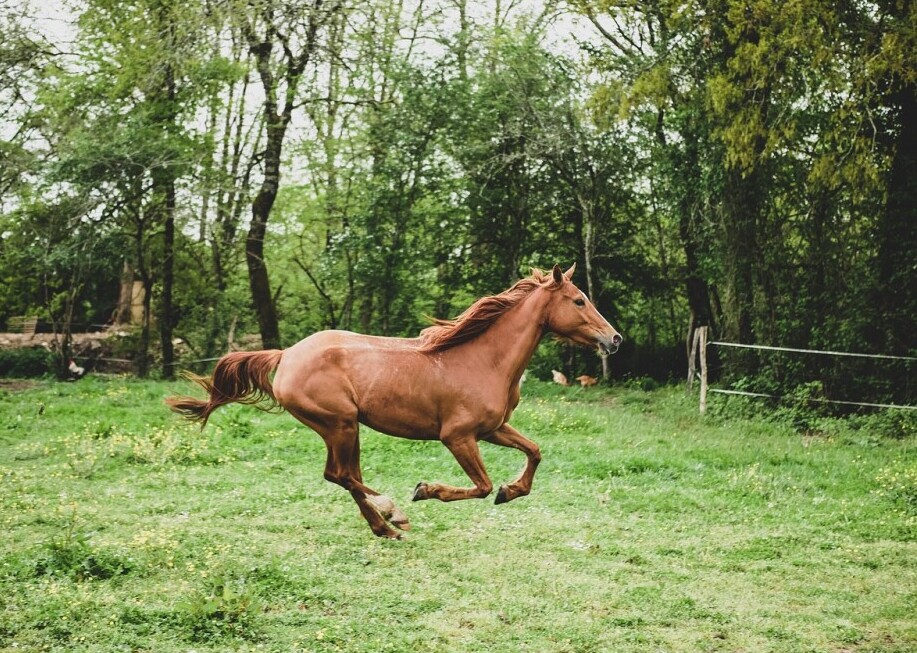
Managing the pasture is another part of keeping your horse healthy. Good grass and soil conditions are vital. Regular rotation and management prevent overgrazing, which can be damaging to both the land and your horse’s nutrition.
Knowing the local laws and regulations is also important if you plan to keep a horse on your property. Depending on where you live, zoning laws can affect what’s possible in terms of livestock and structures, so checking these before you buy can save a lot of hassle down the line.
Creating the right environment for a horse to thrive is a combination of having enough space, providing good shelter, and ensuring legal compliance. It’s about ensuring your horse’s home supports a comfortable and healthy lifestyle.
Equipping Yourself: Essential Supplies for Horse Care
When you’re setting up for horse ownership, getting the right supplies is essential. Tack and equipment like bridles and saddles are vital for riding. Making sure these fit well is key to comfort and safety for both you and your horse.
Grooming is another part of daily care. You’ll need an array of brushes for the coat, a hoof pick for cleaning hooves, and tools for mane and tail care. Regular grooming helps keep your horse healthy and gives you a chance to bond.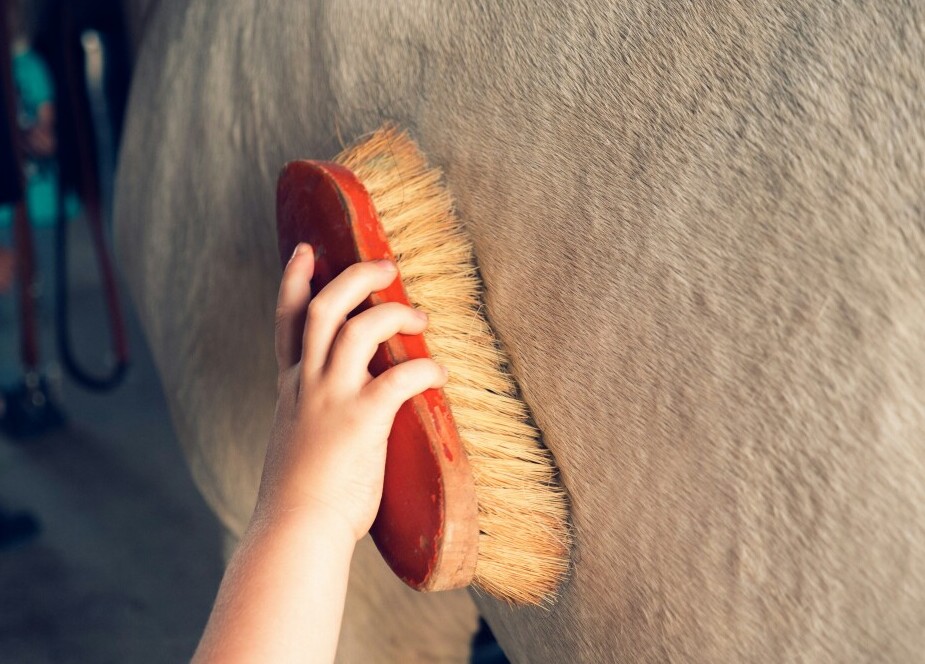
Storage is crucial. Properly storing feed, hay, and grooming gear keeps everything clean and accessible. Invest in durable containers to prevent pests.
Safety, both for you and your horse, is a big priority. A helmet is a must for all riders, regardless of experience. Proper boots and riding apparel add a layer of protection and make riding more enjoyable.
When choosing supplies, aim for quality and longevity. While initial costs might be higher, investing in durable products ensures they withstand the rigors of horse care day in and day out.
Daily Routines: Providing Care and Nutrition
Caring for a horse daily involves more than just feeding and riding. Their diet needs careful attention to maintain health and energy levels. Quality hay, fresh grass, and grains are typically part of a horse’s diet. Balancing these elements ensures they get the necessary vitamins and minerals.
Access to fresh, clean water is crucial. Horses need to stay hydrated, especially after exercise and during hot weather. Making sure they have a steady supply of water minimizes health risks, particularly digestive issues.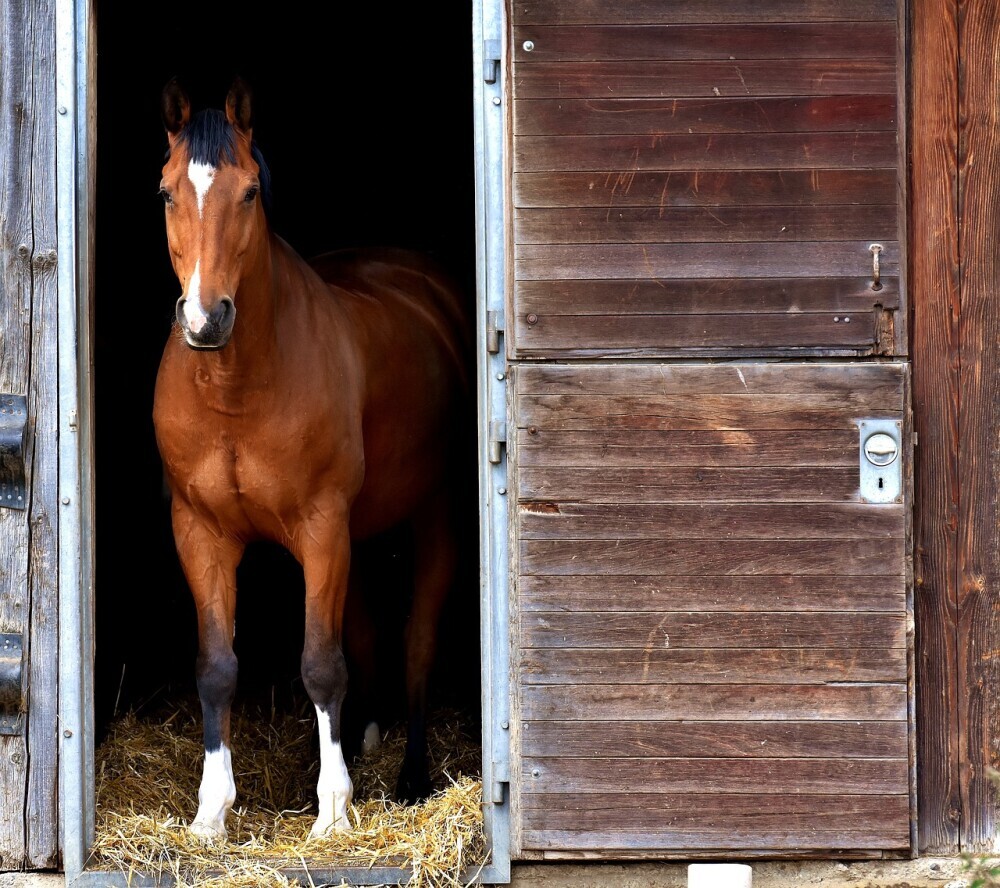
Seasonal changes bring different care considerations. Regular grooming keeps their coat clean and helps with circulation. Hoof care is equally important, with regular trimming needed to prevent issues. Seeing a farrier to manage hoof health can be of great benefit.
Vet visits are part of routine care as well, ensuring your horse is up to date with vaccinations and dental checks. Establishing a daily health check routine allows you to catch any signs of illness or injury early, which is crucial in maintaining your horse’s well-being.
Education is Vital
Owning a horse requires a combination of practical knowledge, commitment, and an understanding of animal care. While there is no formal education required, aspiring horse owners should gain experience through hands-on learning, either by volunteering at a stable, taking riding lessons, or working with experienced equestrians. A basic understanding of horse anatomy, behavior, and communication is crucial. Additionally, learning how to groom, feed, and maintain a horse’s health is essential. Many horse owners also take courses in equine care, which may cover topics like nutrition, first aid, and stable management. Knowledge of equine anatomy and behavior can help prevent accidents and improve the bond between horse and owner.
Educational programs or workshops offered by equestrian centers, veterinarians, and local 4-H clubs are valuable resources to help individuals become informed and responsible horse owners as well. There are a couple of horse sanctuaries in my area who love volunteers and would be happy to teach someone who’s interested in learning more about horses. Look around, and find what’s available in your area.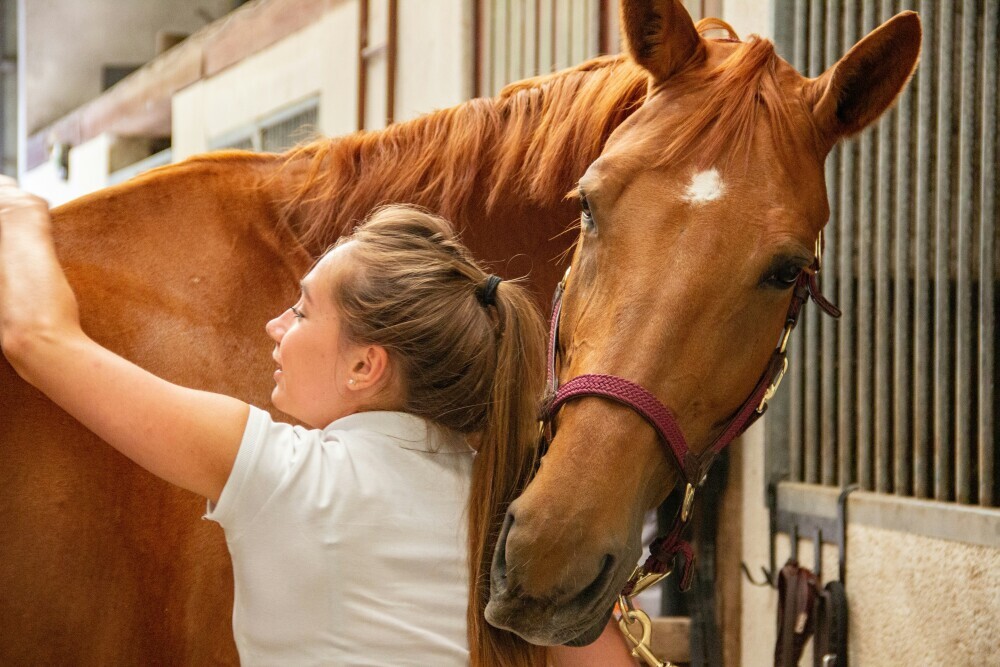
Each day will bring its own set of responsibilities when owning a horse. By integrating a routine, as well as keeping up to date on equine care, you can create a stable environment where your horse will thrive.
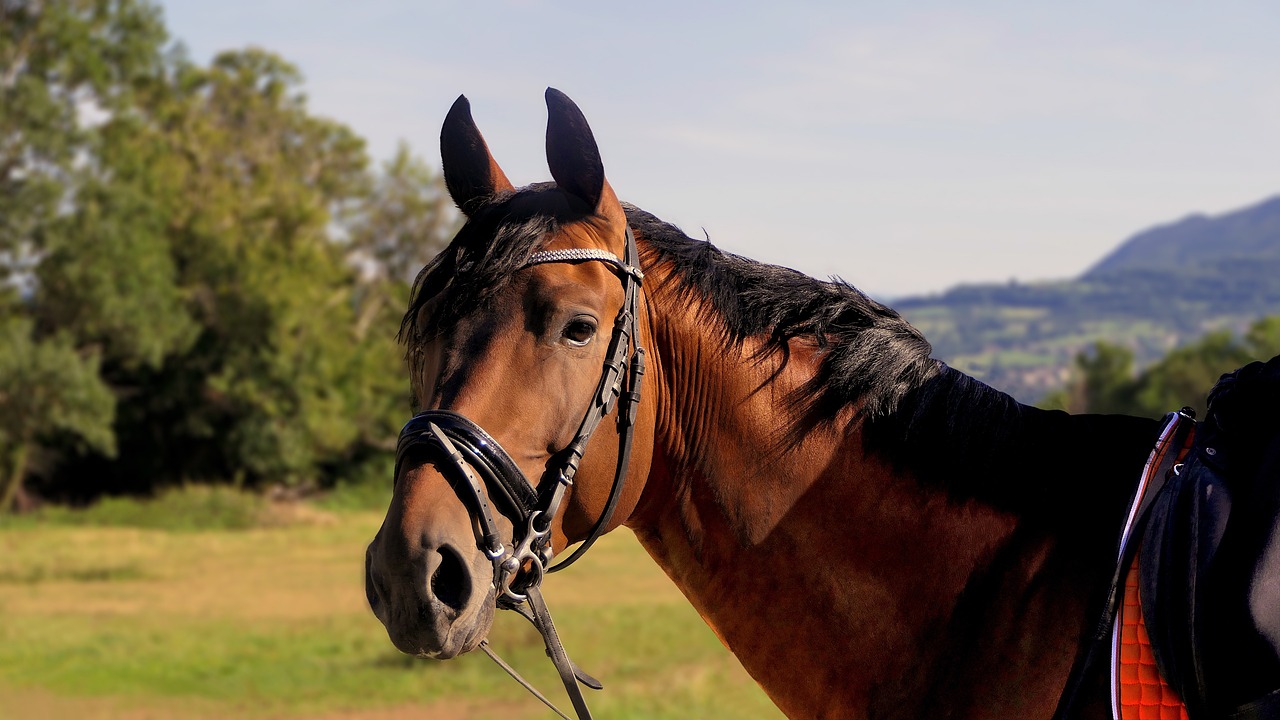
Post Comment